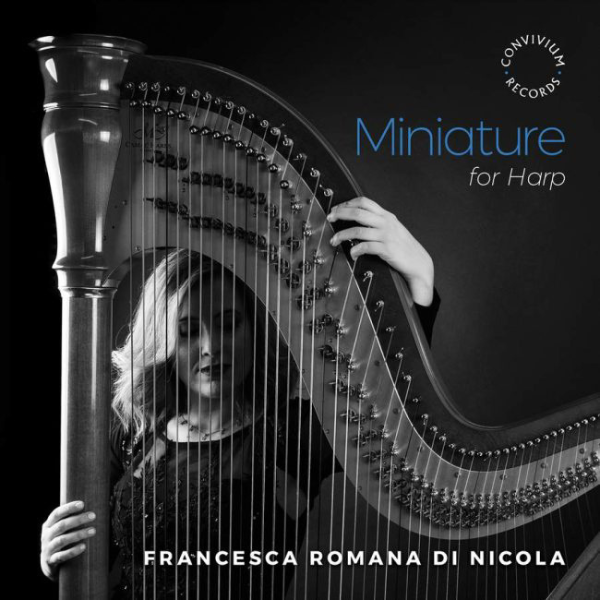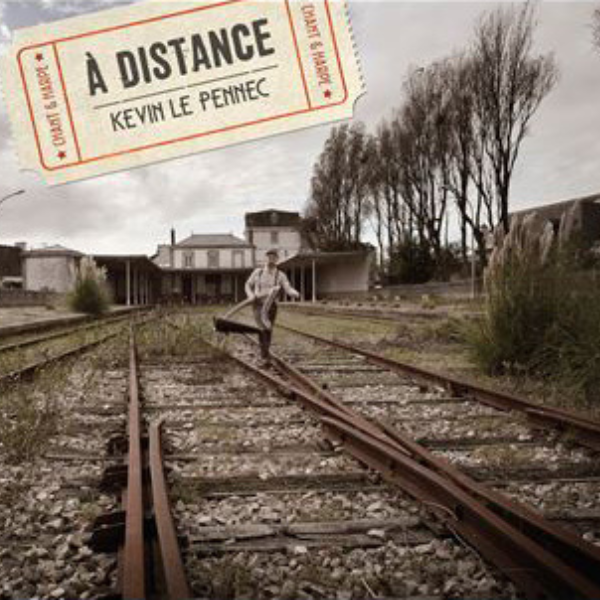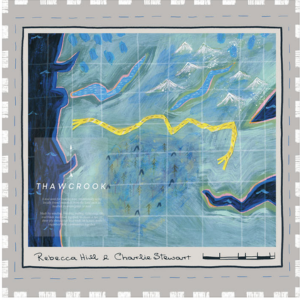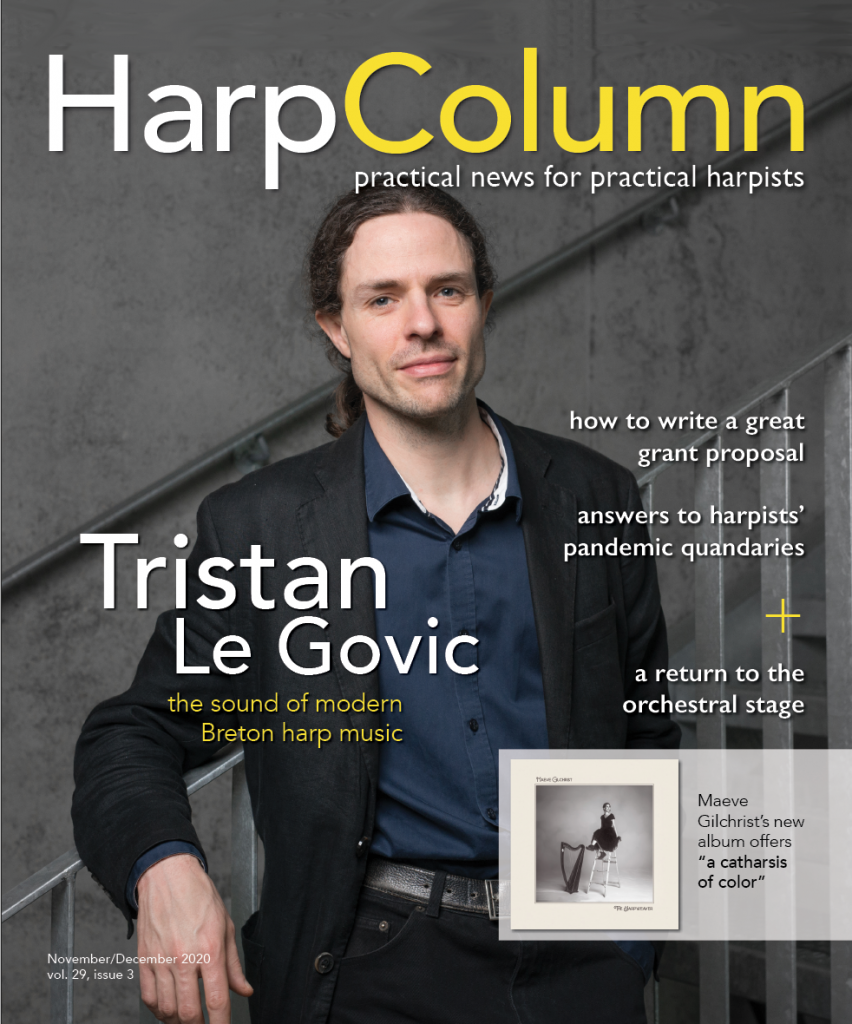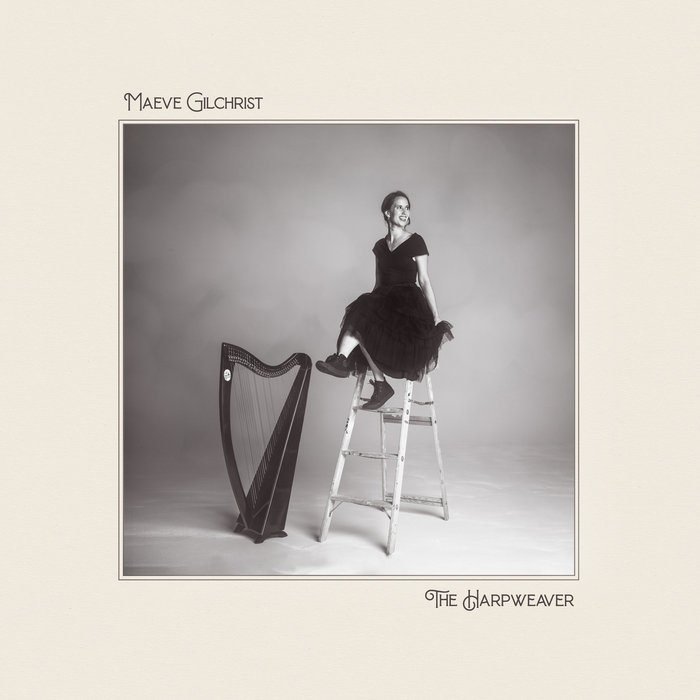
9/10
Maeve Gilchrist, harp
Self-released. 2020.
In Edna St, Vincent Millay’s poem, The Ballad of the Harp-Weaver, magic occurs when a mother, desperately poor, wants to ensure her son has new clothes to cover his growing body shivering in the cold. One night, out of love, she puts the “harp with a woman’s head nobody will buy”
against her shoulder and weaves clothes inside its strings, clothes fit for a king’s son, but just the size of her own.
Maeve Gilchrist tells us she sees in this poem not the bleak circumstances, rather possibility, “the power of maternal love and the symbiotic relationship between instrument and player.” From this premise, Gilchrist has created an odyssey of sound that takes the listener on a journey through Millay’s own reading of the poem accompanied by music tinged with nostalgia for the past and those we love.
Mostly original to Gilchrist, there’s a feeling of familiarity in her music, as though we can recall the tunes from somewhere, from some time. The album itself successfully weaves music “fit for a King’s son,” resonating with Gilchrist’s Scottish roots, the Jazz age in which Millay lived, and the melting pot that is Brooklyn where Gilchrist now calls home.
Always a curious musician, Gilchrist was raised on traditional music, but has placed herself at the apex of crossing genres, galvanizing the new and the old, only limited by the bounds of her imagination. With the exceptional Aizuri Quartet, which provides a pillow of sound and rhythm, Gilchrist invites us on a kind of catharsis of color, one that, I venture to say, is uniquely American.
The album opens with an introspective and improvisatory introduction where Maeve Gilchrist begins the harp weaving on fast arpeggios as we’re introduced to the poem The Ballad of the Harp-Weaver by its author Edna St. Vincent Millay herself reading the text in an affected Mid-Atlantic accent. The strings join, the stunningly beautiful garments in tones spilling forth.
From here, Gilchrist jumps into one of the catchiest tunes of the album. By Shetland fiddler Christ Stout, Compliments to the Bon Accord Ale House Ancestral Mud showcases Gilchrist’s roots with perfectly executed ensemble playing by guitarist Kyle Sanna.
As though looking through a gauzy curtain to times gone by, Brenda’s Abbey and The Locomotive/The Adequate Sufficiency have a music box feel and contrast starkly with Young and Old, a neo-folk embodiment of Gilchrist as pictured on the album cover, dressed in a tulle party dress and wearing high top sneakers. The song features her alluring, trilled, and lilting vocals.
The confinements of a diatonic instrument, though, feel evident in The Storm and The Calm, which are lovely to hear, yet feel limited in their emotional arc. That being said, the album itself possesses that longed-for arc in total, and is tailor-made for the stage. •







